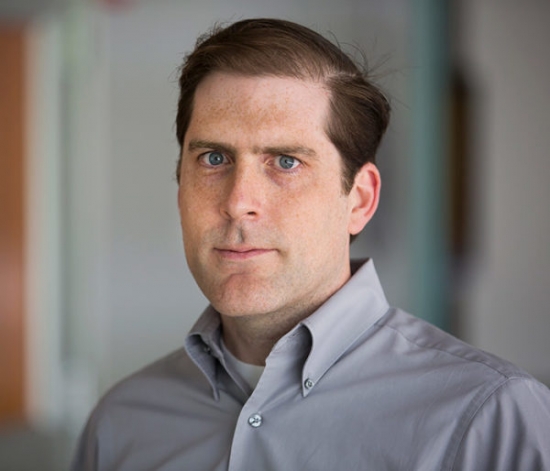Control Seminar
Nonlinear control design for wave energy converters with finite stroke limits
Add to Google Calendar

Control design is of central importance in the optimization of power generation from ocean wave energy converters (WECs). The problem is made challenging by the fact that the resource is vibratory and stochastic, with a low quality factor. When constrained to causality, the optimal feedback controller for a WEC is solvable in closed-form as a sign-indefinite LQG problem, for the case in which the WEC exhibits linear dynamics and quadratic power transmission dissipation. In order to achieve the theoretical upper limit in power generation, an optimally-controlled WEC exhibits significant dynamic response, with stroke displacements often exceeding those of the uncontrolled system. However, most WECs exhibit stroke limits, which must be explicitly accounted for in control design to avoid end-stop collisions. This is important because such collisions lead to damage, and also because the introduction of unmodeled stroke limits can actually destabilize the otherwise-optimal closed loop. In this talk, we illustrate a control design technique to address this issue, which consists of two design steps. In the first step, linear robust control techniques are used to optimize the mean power harvested from waves with a known power spectral density, subject to several competing objectives. In the second step, the controller is augmented via a nonlinear passivity-based outer-loop design which guarantees to prevent stroke saturation while also preserving global closed-loop stability. The technique is illustrated using a number of different WEC models, and verified in simulation.
Jeff Scruggs is an Associate Professor in the Departments of Civil and Environmental Engineering at the University of Michigan, where he is the Berker and Gokyigit Faculty Scholar. He received his B.S. and M.S. degrees in Electrical Engineering from Virginia Tech in 1997 and 1999, respectively, and his Ph.D. in Applied Mechanics from the Caltech in 2004. Prior to joining the University of Michigan in 2011, he held postdoctoral positions at Caltech and the University of California, San Diego, and was on the faculty at Duke University from 2007-11. Scruggs's current research is in the areas of mechanics, vibration, energy, and control. Over the last ten years, he has conducted research on robust causal control of WECs, and during this time has collaborated with a number of device developers and other industry participants. This research has been supported by NSF, ONR, and DOE.
 MENU
MENU 
